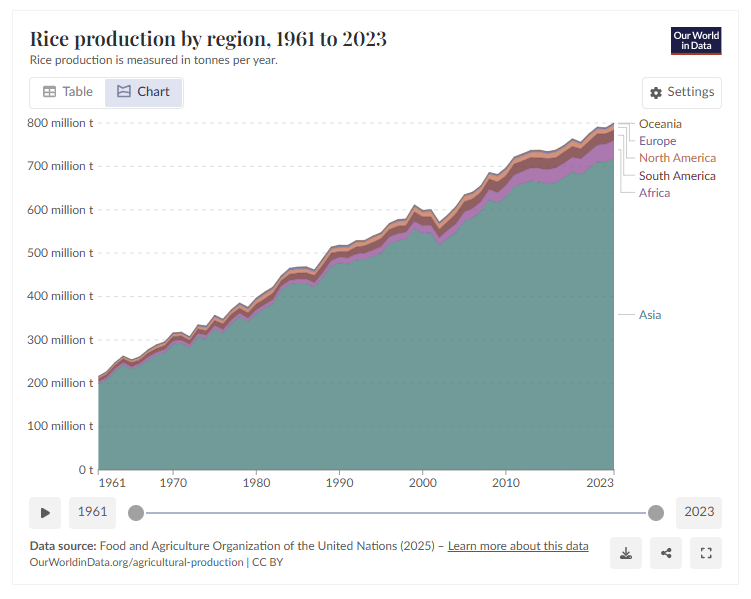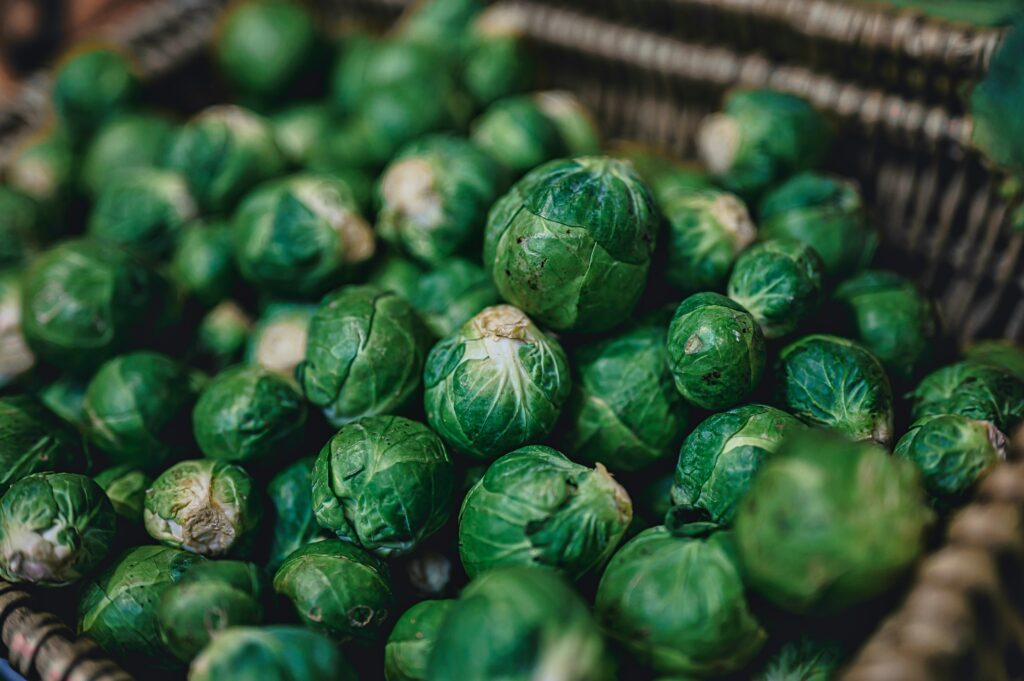Here’s one that slipped through: a 2002 study of climate change and Indian rice yields found that the outlook was good. After running a series of crop simulation models the authors said “the direct effect of climate change on rice crops in different agroclimatic regions in India would always be positive irrespective of the various uncertainties. Rice yields increased between 1.0 and 16.8% in pessimistic scenarios of climate change depending upon the level of management and model used. These increases were between 3.5 and 33.8% in optimistic scenarios.” Uh-oh. Can’t have that. But not to fear, in climate change you can #HaveItBothWays, so the alarmists didn’t have to wait too long for another study to insist that climate change will mean lower rice yields in India.
Actually this time they had to wait 8 years, which was a bit long in this field. But in 2010 a study appeared arguing that increases in daily maximum temperatures in India didn’t appear to hurt rice crops, but increases in the daily minimum temperatures would. Because whatever. And the combined effect was... drum roll please... worse than we thought:
“Combined, these effects imply that yield at most sites would have grown more rapidly during the high-yielding season but less rapidly during the low-yielding season if observed temperature and radiation trends at the end of the 20th century had not occurred, with temperature trends being more influential. Looking ahead, they imply a net negative impact on yield from moderate warming in coming decades.”
And what of tiresome old reality? According to OurWorldinData global rice production has been growing nonstop since 1961, and has continued even after the experts decreed it would fall after 2010:

It seems that even though in climate modeling you can have it both ways, sometimes the data don’t cooperate.



It's a nice variation on the 'prevention paradox', where you state that the disaster (which was never going to happen) didn't happen because of your brilliant actions.
In this case, they're simply claiming that the growth would have been even more, had the warming not occurred. So even when things are going well, they insist that things would have been even better without us filthy humans and now we're about to die from starvation.
Of course, the data show a fairly linearly growth trend, so there's absolutely no basis for their argument (or worry), but the journalists who quote the experts who say are probably convinced and happy to report that we've crossed another tipping point or some such.